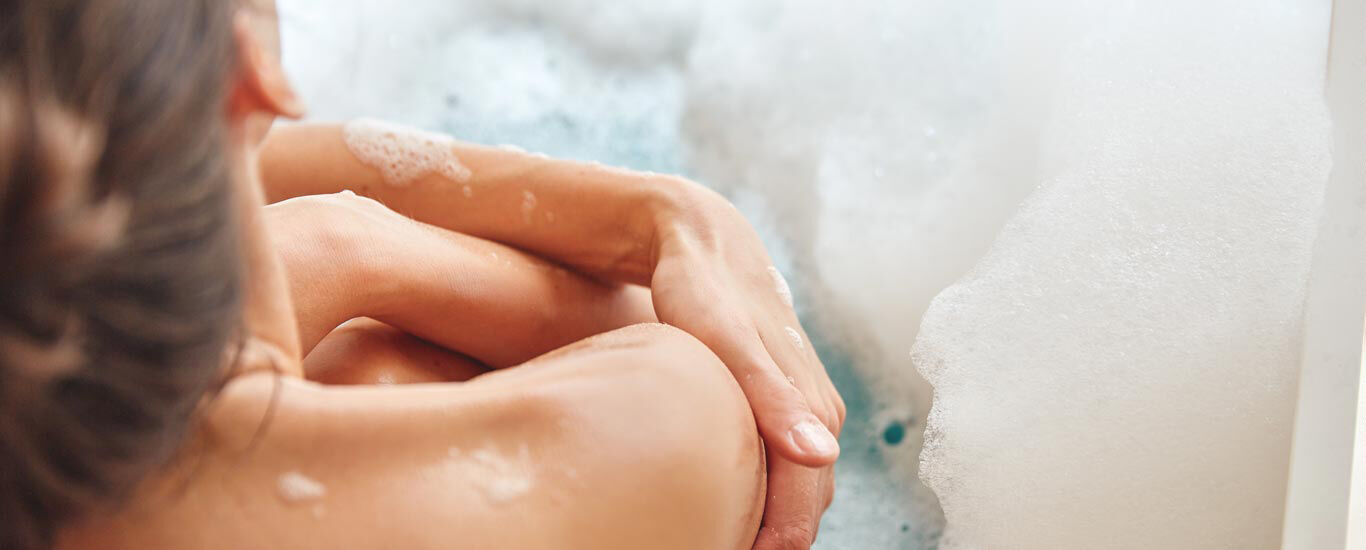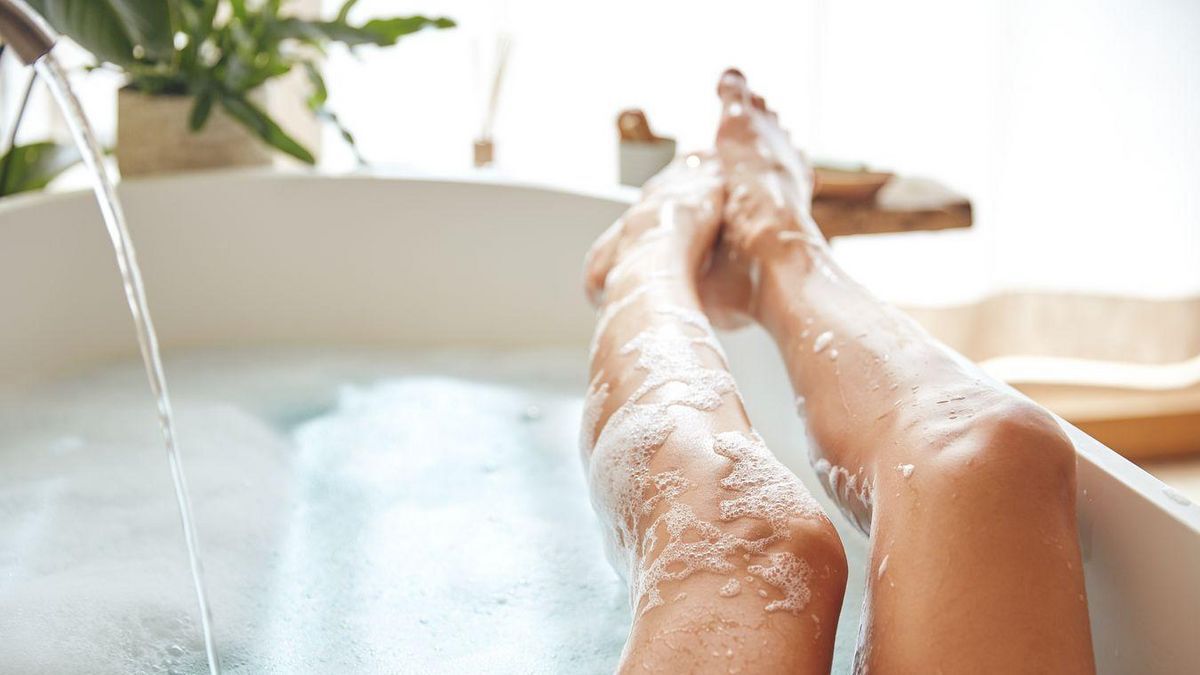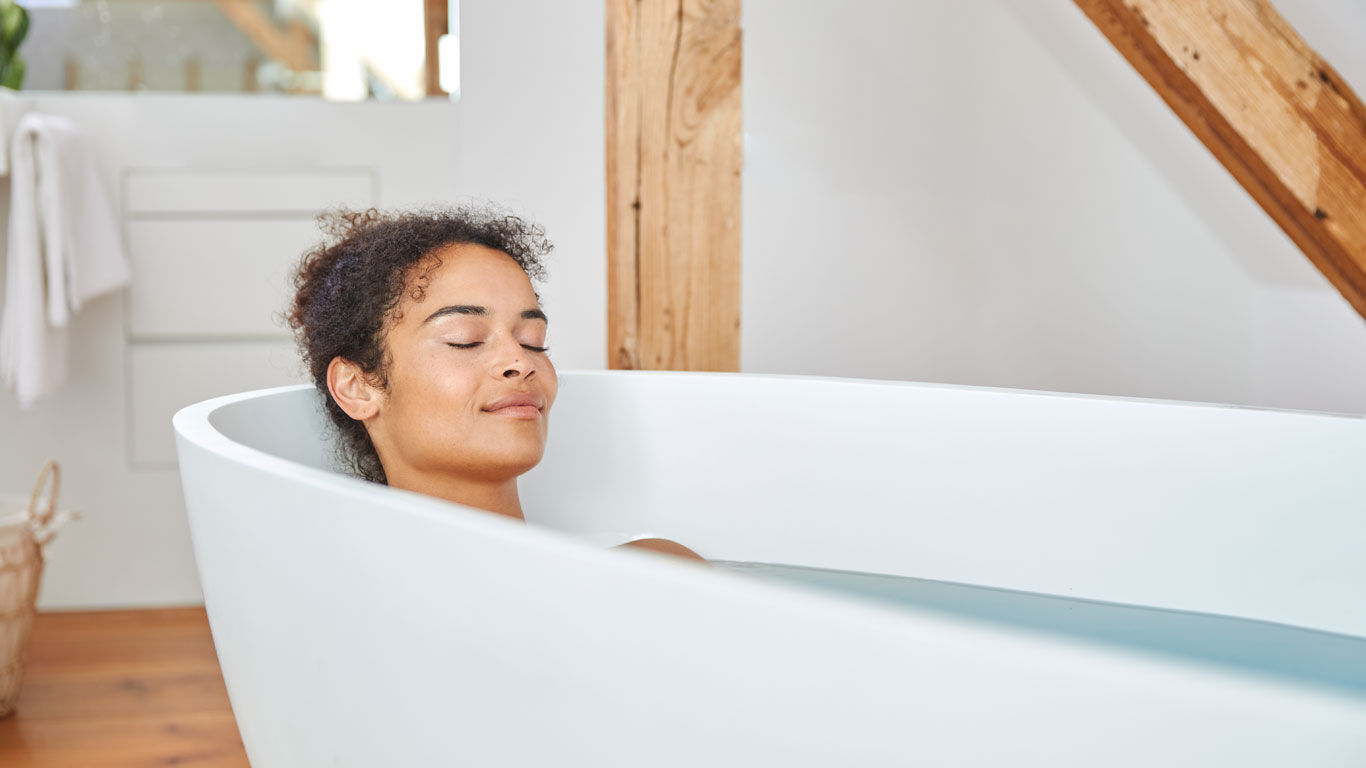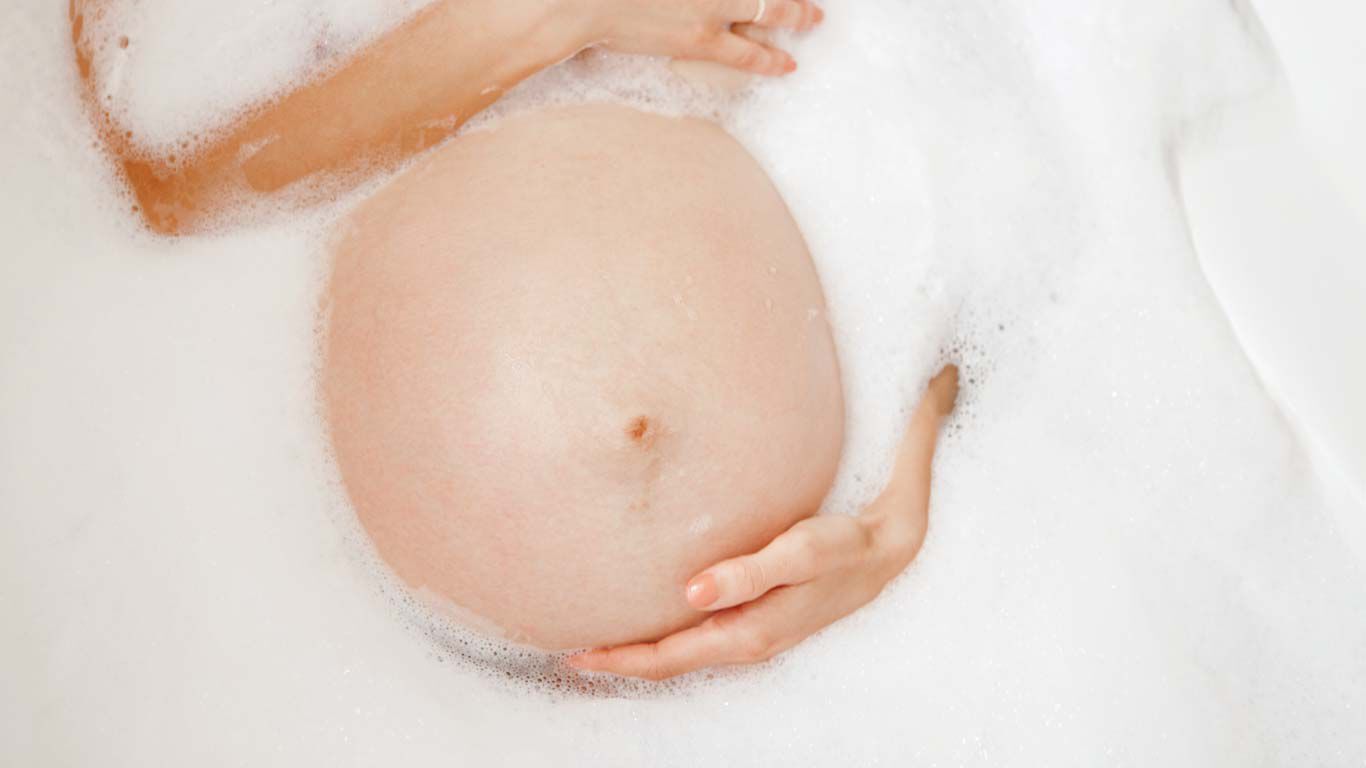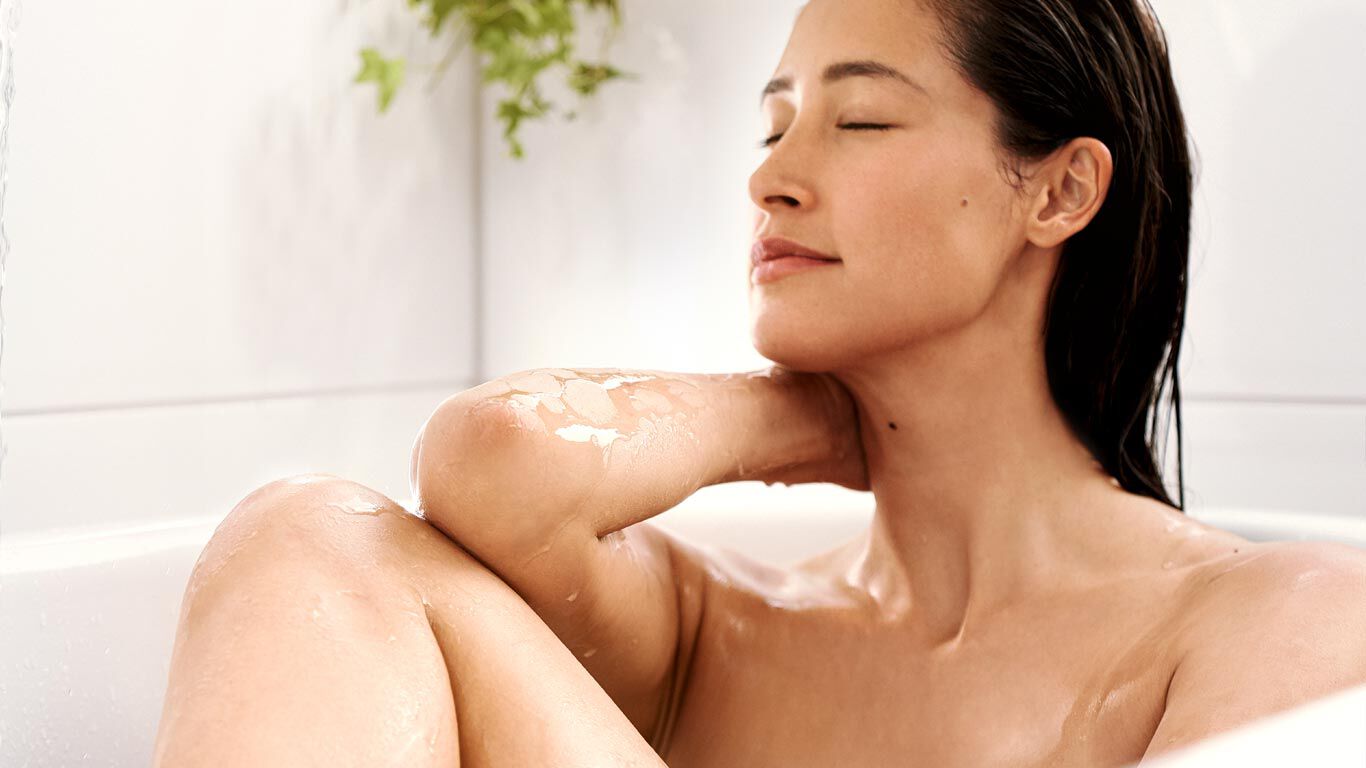In the morning or in the evening? When is the right time for bathing?
It all depends on the right time: To make efficient use of the relaxing effect of a bath, the evening around 9 p.m. just before going to bed is a good time. The bath makes you tired, so it prepares you wonderfully for a good night's sleep. A cool bath, on the other hand, refreshes and gets the circulation going. Accordingly, you should choose the morning or afternoon for this.
